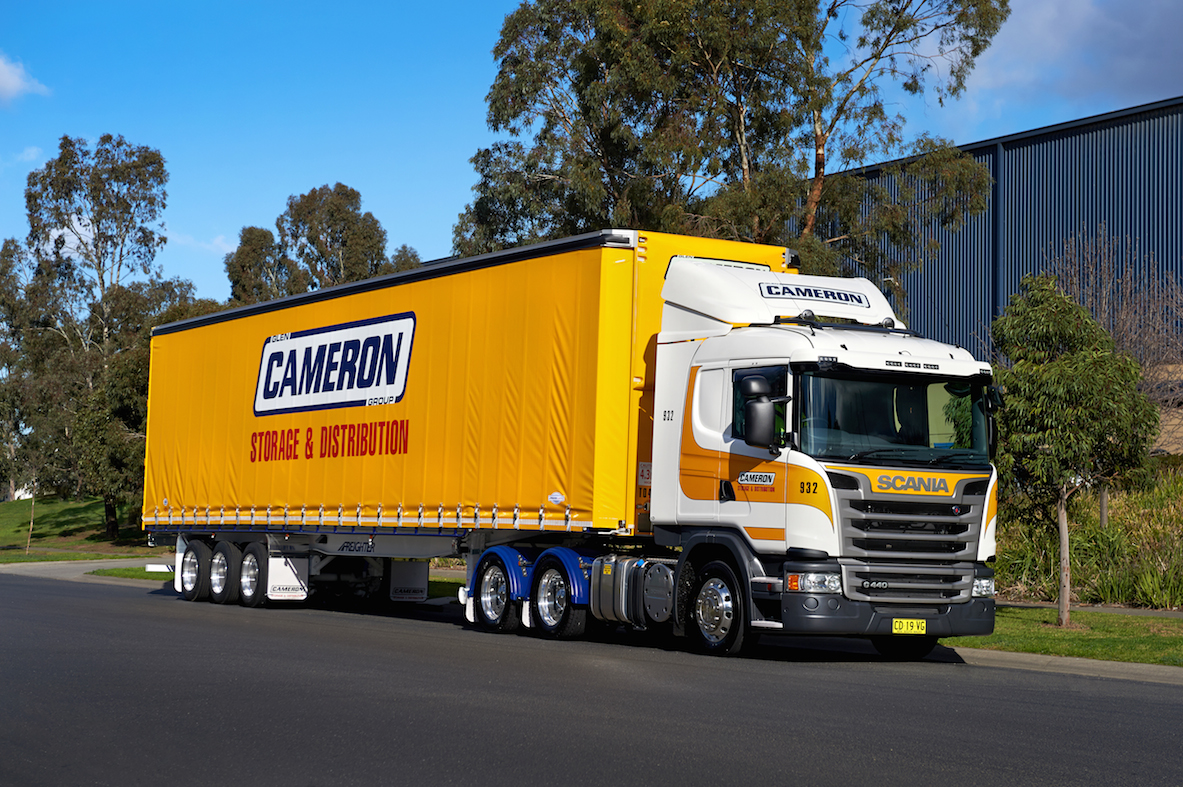What does the border closure mean for the trucking industry?

It’s the most frequently crossed border in the country but at midnight on Tuesday, the Victoria-NSW border will close for the first time in 100 years.
As the highway between Sydney and Melbourne, it’s an important economic artery and one of the busiest road freight routes in the country.
Glen Cameron Group CEO Nick Capp says hundreds of Cameron trucks drive the route every week.
“Each and every night dozens and dozens of our trucks are making that overnight trip,” Mr Capp told Brooke Corte.
“There’s plenty of chances for the road authorities to check on people, we’re expecting it to be quite random and they’ll be looking to check on trucks at random times to check on what they’re doing,”
It’s expected truck drivers will be able to fill out an online form which will permit travel across the closed border.
“We just need to fill out the registration details and a few other details regarding our trucks and when they’re going to be moving,
“Our drivers all go across borders – and actually just when driving in the metropolitan areas of the city – are driving with an essential services letter,
“We obviously maintain a lot of very strict hygiene practices,”
Despite the closure of the border, along with increased police and spot checks of road users, Mr Capp does not expect there to be significant delays to the movement of freight along the corridor.
“Nothing material… I wouldn’t have thought there would be many hold-ups other than the occasional stop, and that would be a 15 – 30 minute stop and away they go again,”
Click play to hear the full interview:















